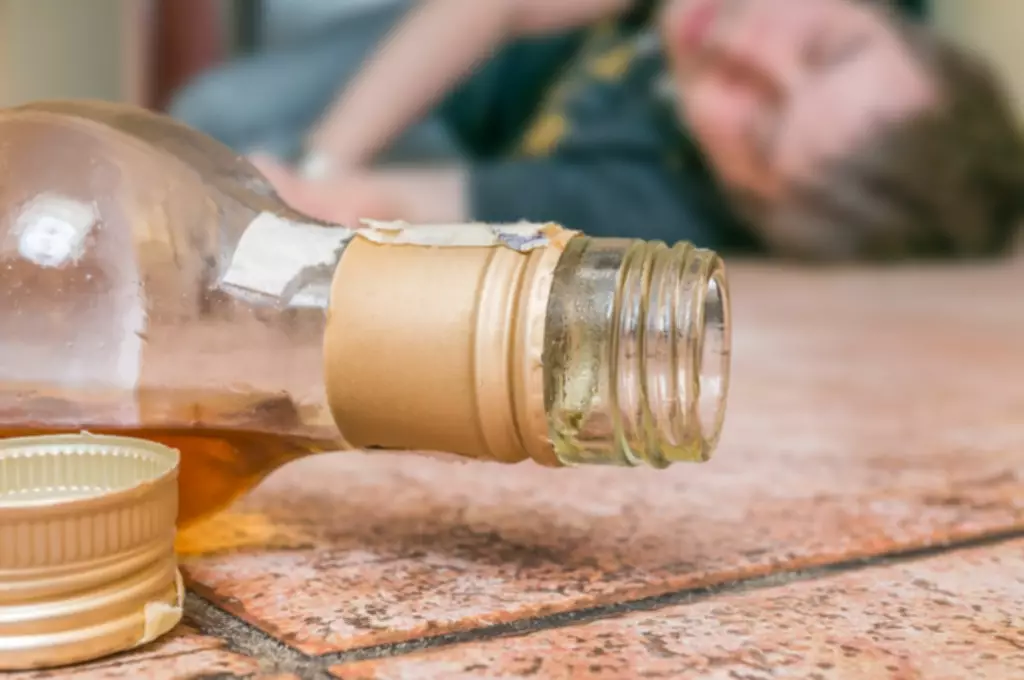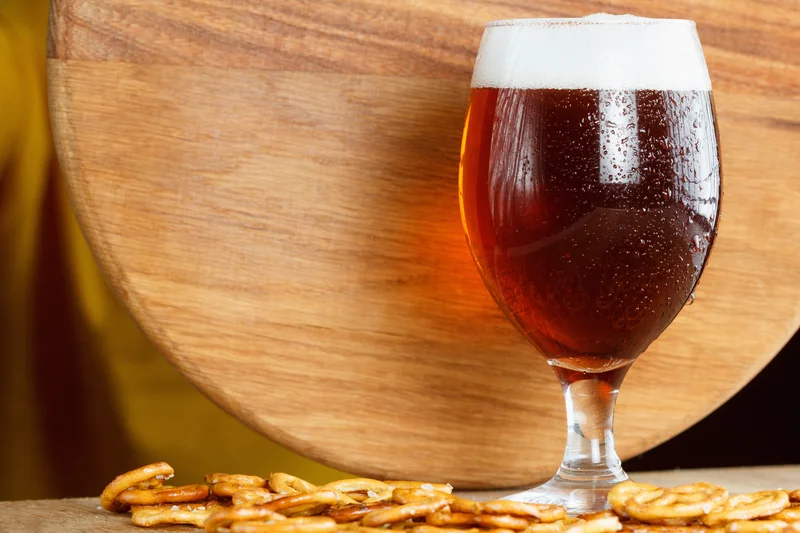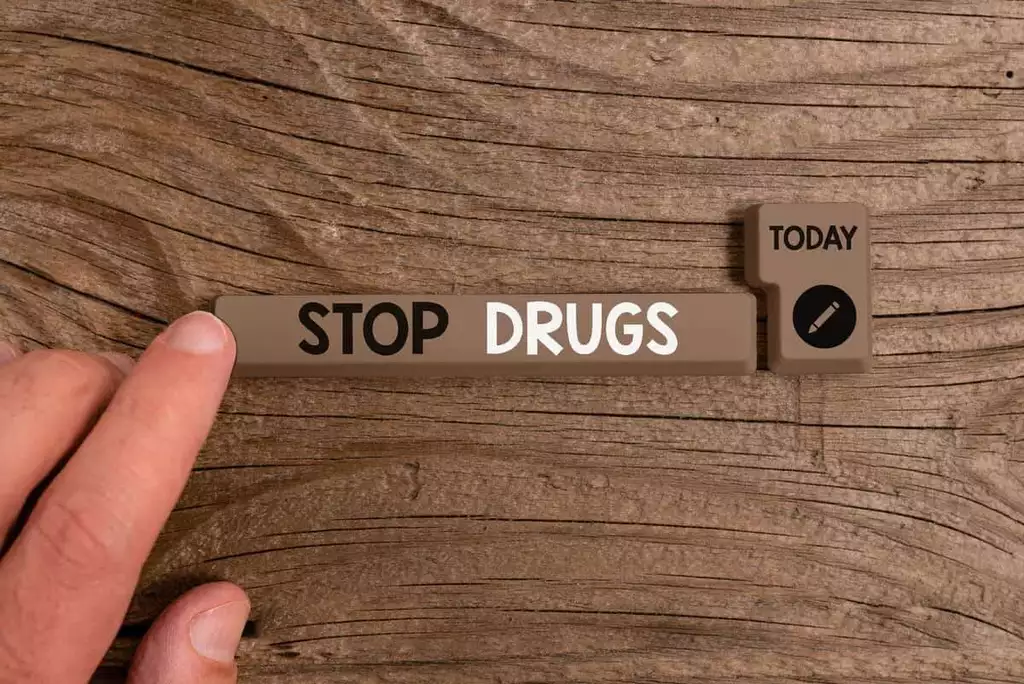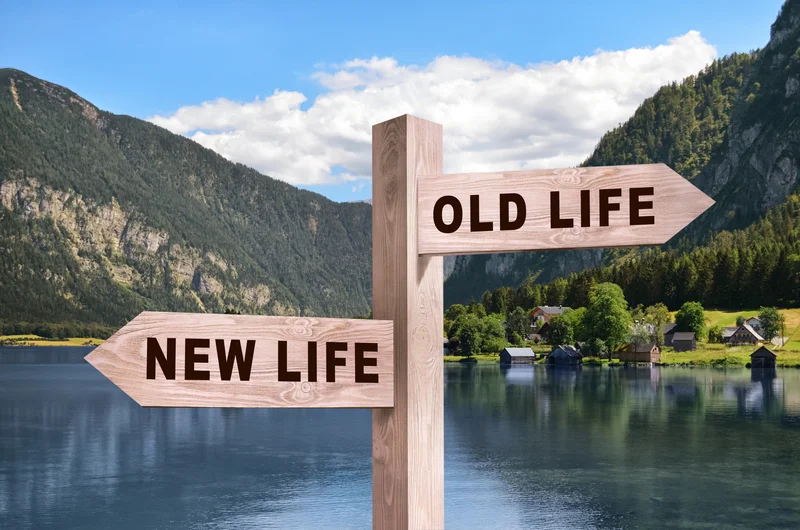
If you’re struggling to think you’re worth a damn, find a way to bring value to other people. My entire know-it-all, self-absorbed, alcoholic routine was masking (poorly, I might add) the fact that I actually had terrible self-esteem. Easier said than done, I know, but after you’ve been off booze for a while, you’ll start to have a clearer headspace to deal with all this stuff. Just allow yourself the time and self-compassion to get there. The thing is, most people have probably moved on from those incidents, and now it’s time you do too. Then accept that you will never be able to take it back or change it.
Is a relapse expected after alcohol addiction and substance abuse treatment?
By this time, it’s likely you’ve seen a few of the people closest to you (friends, family, coworkers). Without the influence of alcohol, you might notice that you’re arguing less, and can have more authentic conversations. If you’re still feeling irritable, or if you’re not on the same page as your loved ones, that’s okay too! That’s also common, and a great topic to discuss in a support group. Many people report less intense alcohol cravings during this timeframe. However, it’s worth mentioning that alcohol cravings can be replaced with cravings for sugar.

For Loved Ones

The justifications and excuses are harmful and will soon lead the individual to drink in the manner with which he drinking after being sober or she is most familiar. The individual will eventually, and in most cases quickly, find themselves back where they started before making the noble decision to get sober and clean up the consequences of their actions. In many cases, the individual may even find himself or herself at a deeper level of addiction after relapsing.
- When we got back from our little holiday on December 19, 2016, I told him I was done with the drinking for real this time.
- Your BAC reaches 0 once there is no remaining alcohol in your bloodstream, but traces of alcohol can stay in your urine, saliva, breath, and hair for varying lengths of time.
- When we think about a relapse, we tend to think about it as sudden, unexpected, and all at once.
- If you start to think of yourself as a failure, you’re more likely to move into the next stage of relapse.
- Night sweats, insomnia, and frequent sleep interruptions are to be expected.
How many times does the average person relapse?
This results in a shortage of feel-good enzymes and an intense craving for more alcohol. The recovering addict needs to find a way to restore this balance with healthful, productive activities. Many sober homes also provide counseling, vocational training, life-skills training and other services that can aid your recovery. This post-treatment phase focuses on staying sober and sustaining the achievements made during treatment. The person is committed to changing negative behaviors and is taking steps to seek treatment and begin recovery.

- To be clear, any time you relapse, that is engage in a major episode of drinking, you’ve broken your sobriety.
- A relapse after one year of sobriety does not negate the progress you’ve made.
- Here’s a quick overview of what happens when you stop drinking.
- The recovery journey doesn’t end with a minor slip-up, and it’s crucial that a person does not give in to negative emotions.
There are some common myths and misconceptions about sobering up after drinking alcohol. Many persons who had long-term sobriety and relapse are elderly. Because experience has shown it is so hard to reestablish abstinence in the late relapse, many quietly drink themselves to death. The first is euphoric recall, that vivid expectation of “how good a few drinks” can be. The second is obsession, or being unable to think about anything else drug addiction treatment but drinking. The third is compulsion, an overpowering, irresistible urge to “go ahead and drink.” The fourth is physical craving a need, beyond desire, to drink alcohol.
By choosing sobriety, you may see an improvement in the strength of your relationships with your partner, child(ren), friends, and beyond. You’ll likely encounter many physical https://ecosoberhouse.com/ and mental changes during your first year of sobriety. Many of these changes will provide motivation and relief, while others can be unsettling and uncomfortable. In the more challenging moments, it’s important to remember that your body is recovering, and that discomfort is often a sign of growth. It’s also important to remember to take it one day at a time, and know that while there will be ups and downs along the way, you are doing something incredibly admirable. Your first year of sobriety has been a time of significant growth, particularly in developing healthier coping mechanisms.


Deixe uma resposta